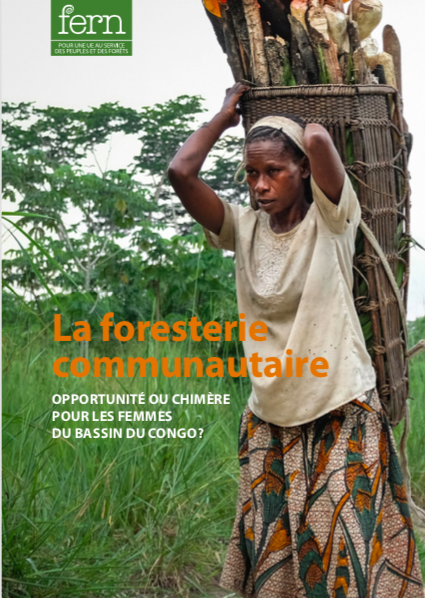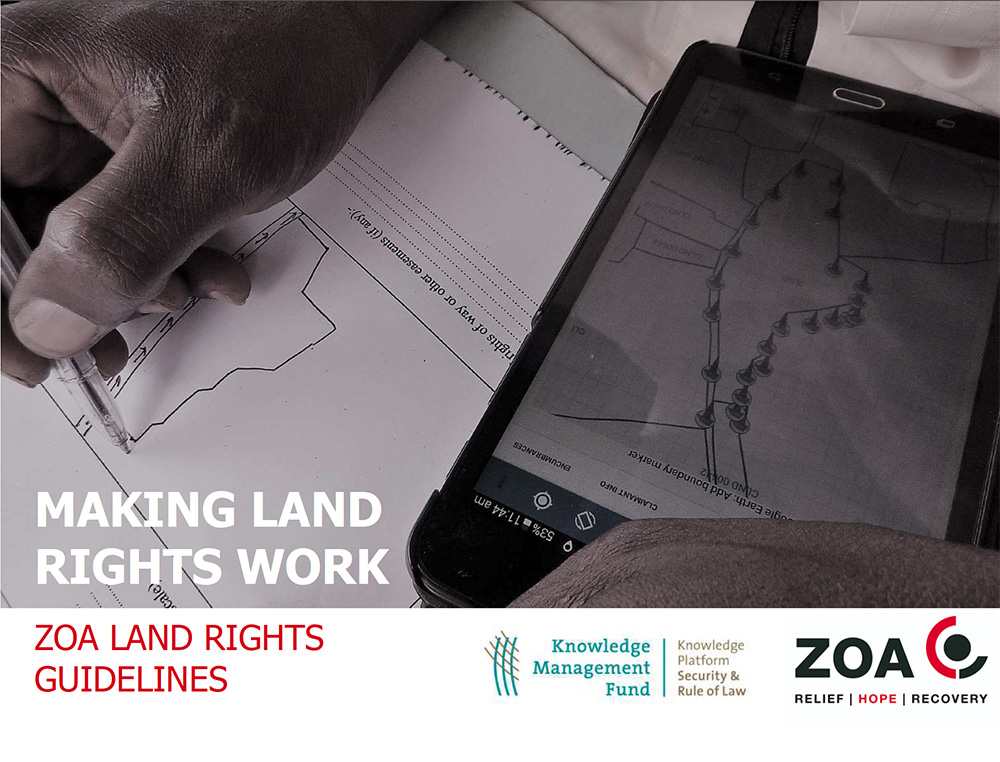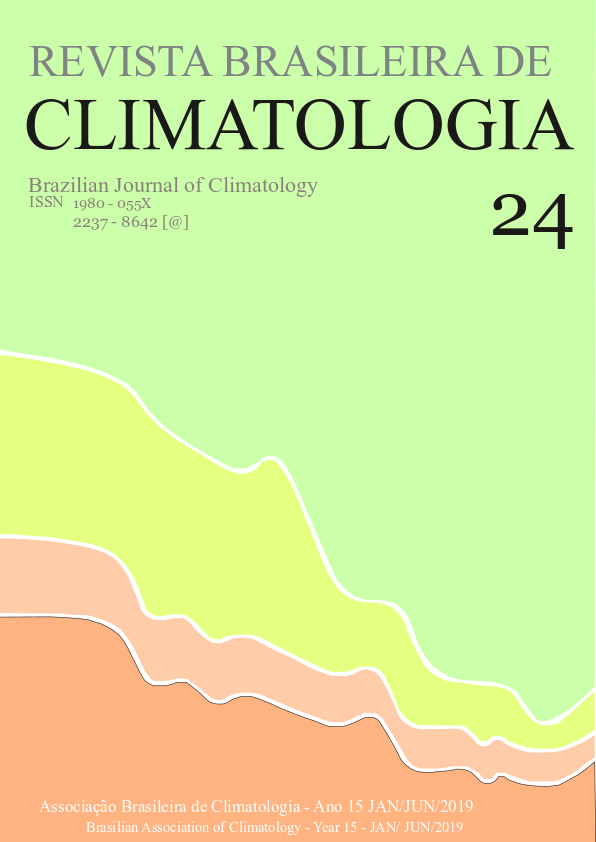Integrated Mine Closure: Good Practice Guide
This document is intended to promote a disciplined approach to integrated closure planning and increase the uniformity of good practice across the sector. The concepts apply equally to both large and small mining companies.








